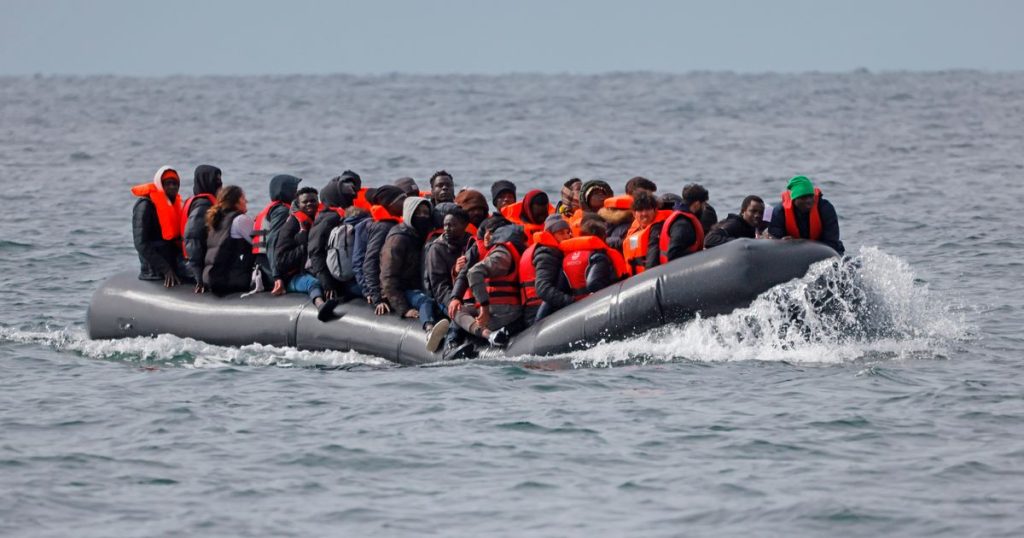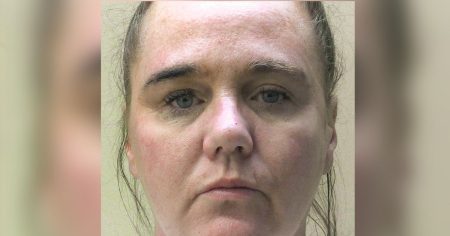Three men, two Sudanese nationals and one South Sudanese national, have been arrested on suspicion of facilitating illegal immigration and entering the UK illegally after an incident in the Channel where five people, including a seven-year-old girl, tragically died. The UK’s National Crime Agency is working with partners to secure evidence, identify those responsible, and bring them to justice. The 12-meter Zodiac dinghy, designed for 20 people, was crammed with 112 individuals when it capsized. 49 people were rescued, but 58 others refused to leave the vessel and continued their journey towards the UK. The incident occurred shortly after the Safety of Rwanda Bill, which declares Rwanda a safe place for asylum seekers, was passed in Parliament.
The deaths of the individuals in the Channel were part of a larger migration issue, as 402 migrants, including young children and babies, arrived in the UK on several small boats on the same day. The total number of arrivals for the year stands at 6,667, which is 20% higher than last year at this time. A total of 29,437 individuals made the journey in the whole of 2023, down 36% from the record number of 45,774 arrivals in 2022. This year, a total of 14 people have lost their lives crossing the Channel, with various incidents occurring on different dates.
The tragedy in the Channel highlighted the dangers faced by migrants attempting the crossing and the involvement of criminal gangs in organizing these perilous journeys. The arrested suspects are being investigated for their role in facilitating illegal immigration. It was reported that the fatal incident involved a rush of people onto the overcrowded boat, causing it to capsize. The survivors were rescued and taken to Dover, with some requiring medical assistance upon arrival. The incident underscored the complexities and risks associated with irregular migration routes and the need for international cooperation and effective border control mechanisms.
In response to the tragic incident and the larger issue of migrant crossings, efforts are being made to address the root causes of irregular migration, combat criminal networks involved in human trafficking, and ensure the safety and security of all individuals attempting dangerous journeys. The passing of legislation declaring Rwanda as a safe place for asylum seekers, despite challenges to its safety by the Supreme Court, reflects ongoing debates and policy responses regarding migration and asylum. The focus remains on preventing further loss of life, providing support to vulnerable migrants, and holding accountable those responsible for facilitating illegal immigration and endangering the lives of migrants.
As the humanitarian crisis and migration challenges persist, there is a need for comprehensive approaches that prioritize human rights, protection of vulnerable individuals, and effective border management. The tragic deaths in the Channel serve as a reminder of the urgent need for coordinated international efforts to address the root causes of irregular migration, strengthen border controls, disrupt criminal networks, and provide safe and legal pathways for those seeking refuge. The incident has sparked debates on migration policies, asylum laws, and the role of criminal organizations in exploiting vulnerable migrants, prompting calls for action to prevent further tragedies and protect the rights and well-being of all individuals on the move.














